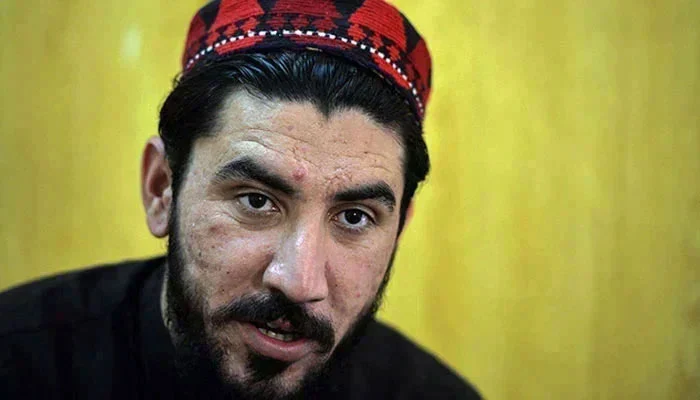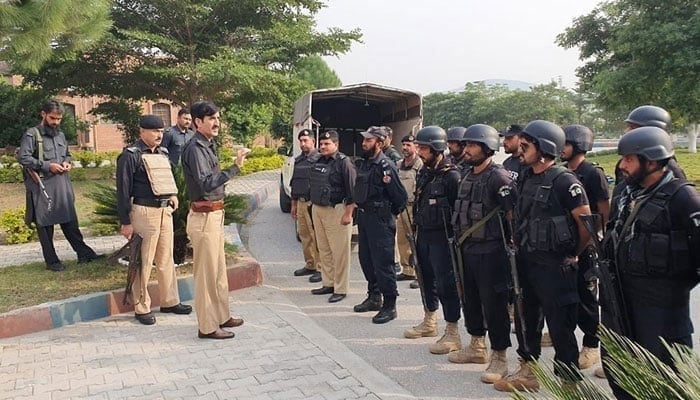The Shehbaz Sharif-led government has officially banned the Pashtun Tahafuz Movement (PTM), a group led by Manzoor Pashteen, citing concerns over national peace and security. The Ministry of Interior issued a notification on Sunday, stating that the PTM has been listed as a proscribed organization under Section 11B of the Anti-Terrorism Act 1997.
The decision comes amidst a politically charged environment in Pakistan, with ongoing protests by Pakistan Tehreek-e-Insaf (PTI) and a rise in terrorist activities in various parts of the country. The government believes the PTM’s activities are detrimental to the country’s peace and security.
PTM, which has long had a controversial relationship with the authorities, has seen its leaders—including Manzoor Pashteen and Ali Wazir—face repeated legal challenges. Ali Wazir, an ex-MNA from South Waziristan, has been detained multiple times, with his latest detention extended under the Maintenance of Public Order (MPO) law. Wazir, currently in Rawalpindi’s Adiala Jail, faces terrorism charges related to alleged hate speech against state institutions.
The PTM has frequently clashed with the authorities, particularly over its stance on issues facing the tribal regions. In 2019, tensions escalated when PTM protesters led by lawmakers Mohsin Javed and Ali Wazir confronted security forces in North Waziristan, resulting in casualties on both sides. The Pakistan Army has previously criticized the PTM’s slogans and stance, with the former ISPR chief, Major General Asif Ghafoor, calling their demands unacceptable.
Despite the ban, the Human Rights Commission of Pakistan (HRCP) condemned the government’s decision, arguing that the PTM has consistently operated within the constitutional framework without resorting to violence. The HRCP urged the government to reconsider its stance, withdraw the ban, and release Ali Wazir from detention.
The PTM, a movement advocating for the rights of Pakistan’s Pashtun community, now faces significant legal and political challenges under the new ban.




